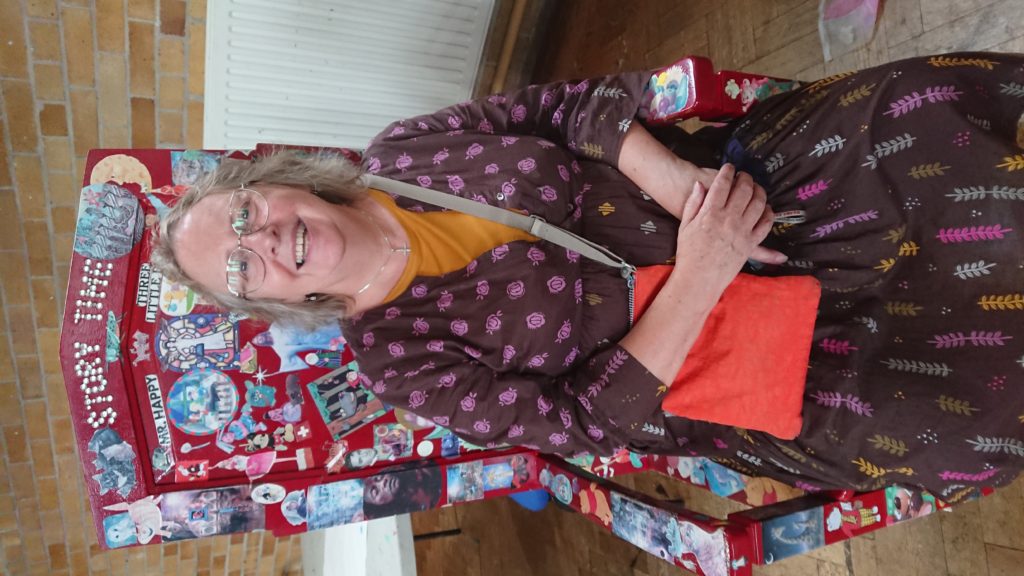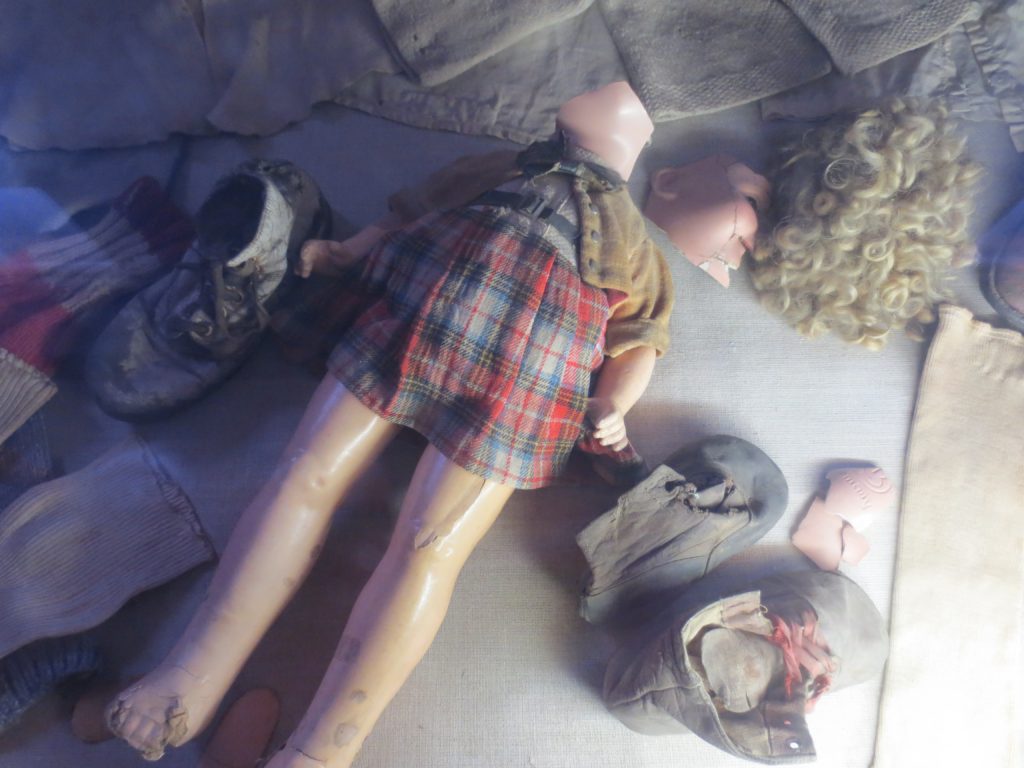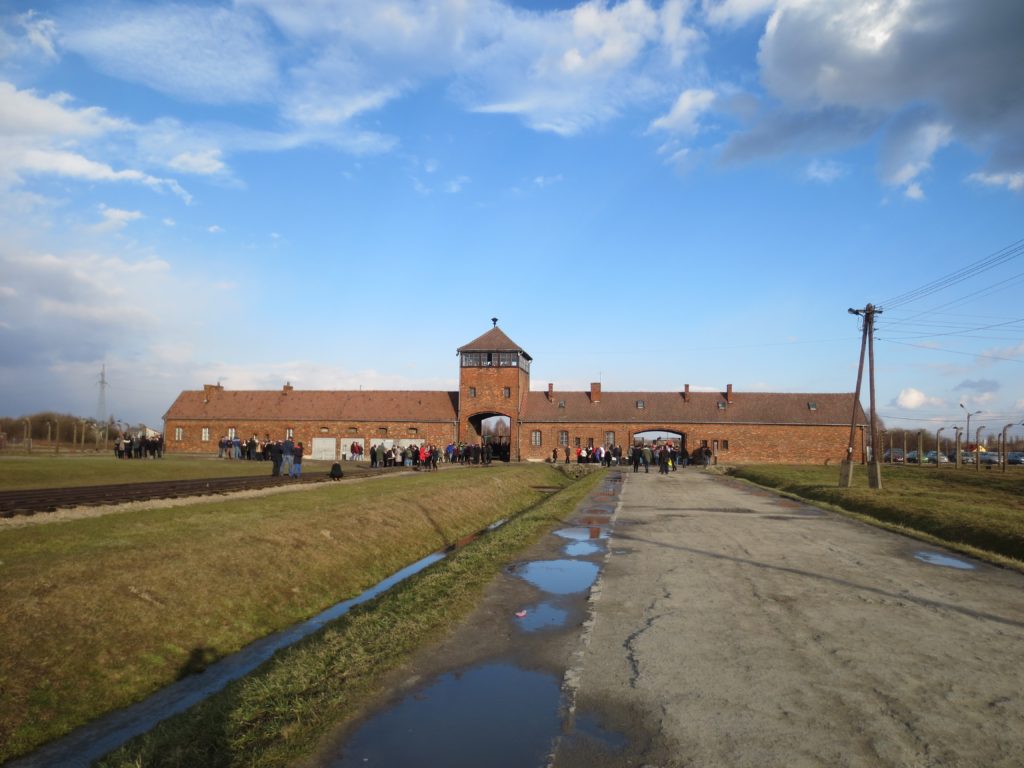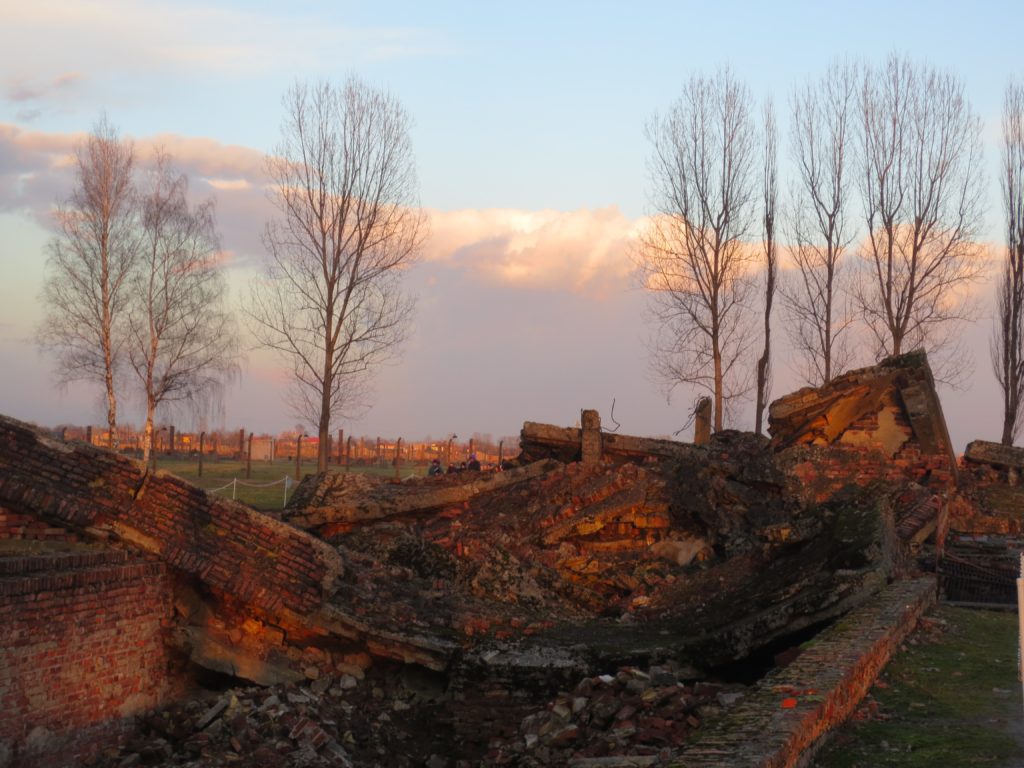Dear Benedict,
I’m looking out on another wet windy day in the valley. Although Storm Eunice has now blown through the trees are still tossing about and everything seems restless, finding it hard to resettle to their place in the world.
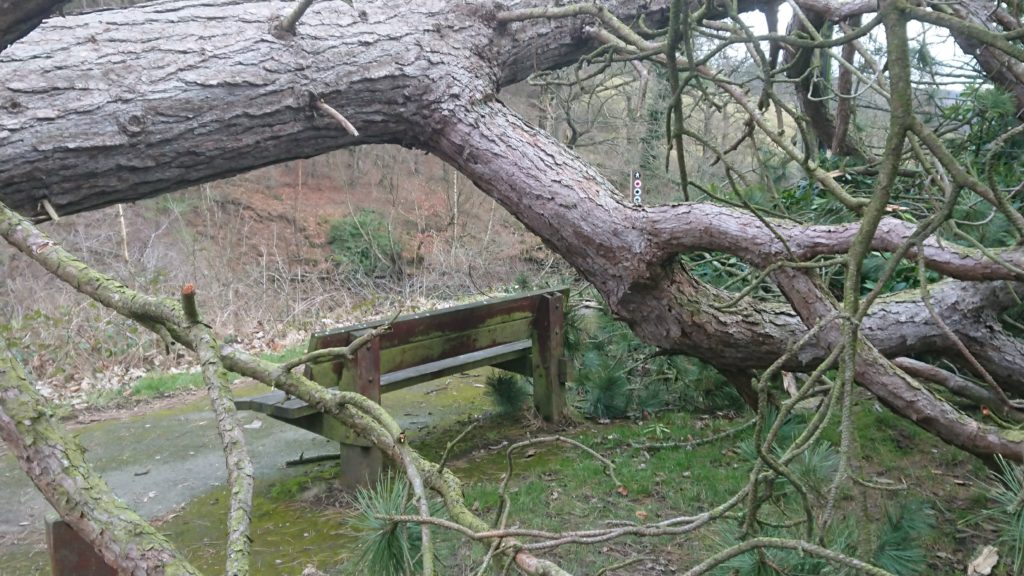
Some words change their meaning or emphasis and the idea of rank from chapter 63 of your Rule is like this. To you it just meant who had arrived first, who had been in the community the longest. The rank was just the number assigned from the first to the last. Its meaning has changed to be one of superiority or greater authority. A person has greater rank when they are given authority over others, regardless of when they arrived on the scene. It does seem to be a pervasive aspect of organisations: who is boss counts. Although the other meaning, the one you used, is not without problems, and can be used by early arrivals to stall or stymie change or progress in a community.
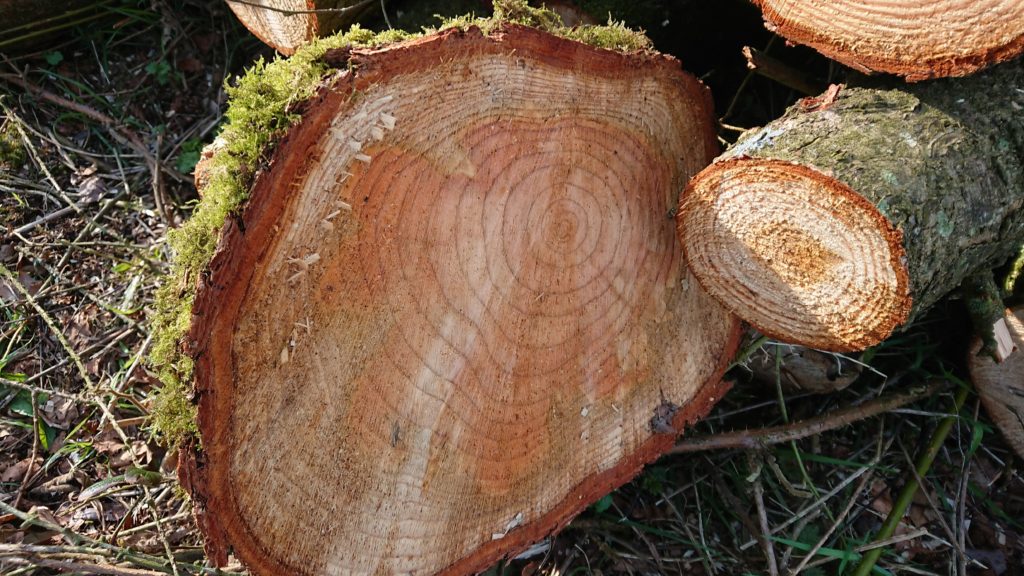
As far as the trees are concerned, storms can change rank. Some of the oldest, biggest, most precious trees can find themselves felled. Neither gone nor forgotten, they have started on their ‘nurse log’ phase by which they begin to rot back into the earth, providing nutrients and refuge for many species in the process. They make it look easy, just lying their rotting, but for human beings the change in circumstances which come with different phases in our lives can be difficult. The urge to ‘pull rank’ can be hard to overcome.

Communities change and evolve as new responsibilities are shared out. We discover new skills in others and take on new roles ourselves. At some point we may embrace the challenge of the nurse log, sheltering and nourishing others as we decline and decay. It’s a noble calling.
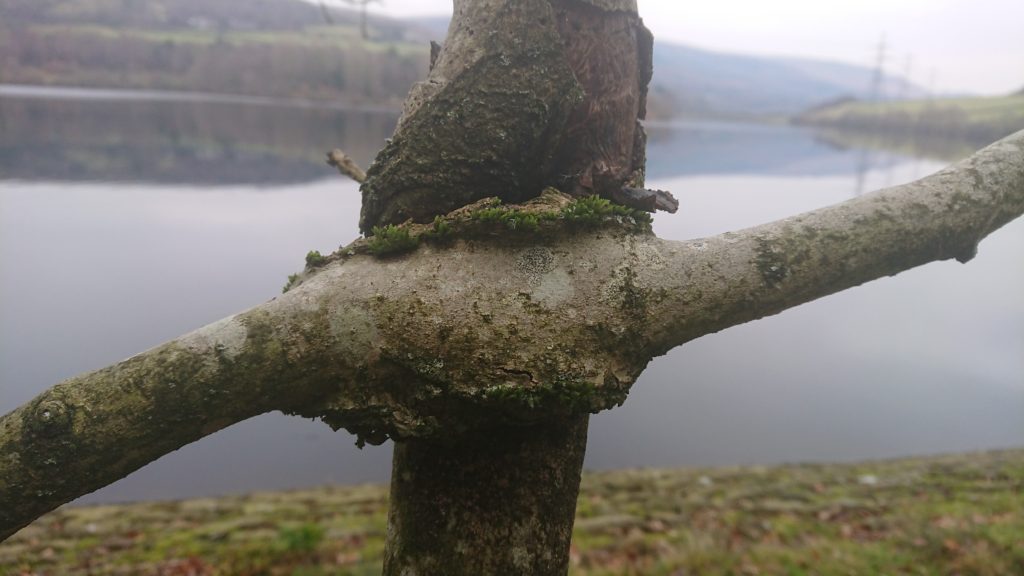
From my remembered gospel: The first shall be last and the last shall be first.
May I rot creatively.
From a Friend of Scholastica and a Member of the Lay Community of St Benedict.

